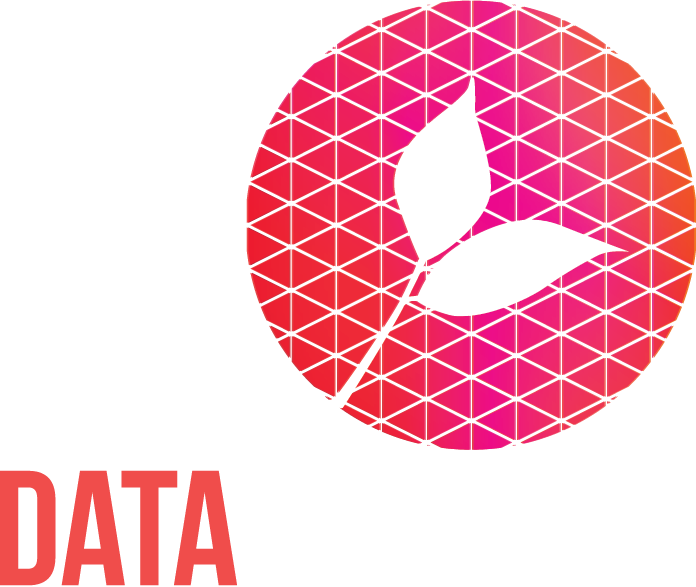A transformational data improvement project at Citizens Advice Manchester
Interview with Stuart Pearson, Chief Digital Officer at Citizens Advice Manchester
Citizens Advice Manchester offers free, confidential, impartial and independent advice and information on a wide range of subjects, including debt, housing, domestic abuse and immigration.
In 2019, on a mission to improve their data maturity, Stuart Pearson, Chief Digital Officer, used our Data Maturity Assessment Tool to gain measurable insights into the organisation’s data maturity. Our case study on Citizens Advice Manchester’s use of the Data Maturity Tool talks more about this, but we were also interested in what they did next, and the impact of the data improvement projects that followed.
Here, we interview Stuart about the organisation’s data maturity journey, the results of their first improvement project, and his views on data access within organisations.
Getting buy-in
After their Data Maturity Assessment provided a springboard for conversations on data within the senior management team, it was clear that the rest of the organisation needed to be brought along on the data maturity journey too. Recognising that the organisation needed to see what their data could do for them, the approach was to pick off distinct projects in parts of the business where there would be a rich data source that could be leveraged. One of the first projects was to build out a dashboard for one of the busiest teams:
“We have an advice line, which does an excellent job, but the reports we were able to get on the service came from the national team on a monthly basis. We thought we could help the teams get a much better insight into how the service was doing if we could provide data, maybe not in real time, but at least daily.”
Democratising data
Some of the results were more transformational than you might think, as Stuart explains:
“One of the biggest impacts we saw from our dashboard project was in the democratisation of data. It empowers team managers to drill down into the data using simple filters, without them needing ‘data’ skills in creating lookup tables or pivot tables. What was great was that this led to other teams coming forward and asking for similar tools. And what was even better was that they were also asking for additions and improvements. They were spotting gaps in the data sets that would help them improve their services. The operational managers know their services better than me, so just by giving them their own data in a more accessible way, they were better placed to spot where improvements could be made.”
Stuart’s approach to transparency is rooted in a desire to shift the mentality that is present in many organisations – that data is presented on a ‘need to know’ basis.
“Historically, it has always been: ‘Is there a need to share this information?’ But I’d like us to think of it the other way round. I think there is a big boost that can come from data being open by default – unless we have a really good reason for it not to be. I am a real believer in transparency. The more eyes on a piece of data, the more insights you're going to get and the more chances of getting better answers.”
Impact
The advice line dashboard project allowed the team to identify and focus training needs, and plan better around the needs of their callers. As a result, they were able to answer 6,000 extra calls the following year. This represented a 12% increase on the 48,000 calls answered the previous year – all without increasing the headcount in the contact centre.
Other Citizens Advice teams from across the UK have been approaching Manchester to find out more, so they can replicate their success, and Manchester have plans for similar projects across other departments.
Stuart also feels the morale boost and increased trust from staff having access and being empowered to use their data can’t be ignored:
“I think, particularly in the charity and not-for-profit sector, there is a really bad reputation around the idea of performance management. It can be viewed as targets being imposed, and being all about just trying to squeeze more and more out of people. What was really crucial about our dashboard project, was that the team themselves set their own KPIs. So they could see there was no ulterior motive – it was all about how we could realistically provide the best service for our clients, and help as many people as possible.”
The results of this project, coupled with evidence of need from the organisation’s Data Maturity Assessment, has led Citizens Advice Manchester to create a new trainee Data and Digital Officer role, who will help support the pipeline of dashboard projects for other teams they are currently planning.
Vision for the future
So, what is Stuart’s vision for where the data maturity journey might take Citizens Advice Manchester?
“That data is not a scary thing to anybody in the organisation. That everyone’s got access to it, and everyone has the confidence to use it. That would be the overall aim.
And then, also, that the organisation uses data to become client-led, rather than funder-led. As nonprofits, we collect all this data, and we send it off to funders… But do we do enough to look at ourselves, understand our clients better, and understand better ways we could be delivering our services? Some of the greater ambitions we have are around the more advanced aspects of that. Could we get to a point where we’re able to use machine learning to predict potential client issues, have earlier interventions and prevent situations getting worse? That would be really interesting to see. For now, though, we are on an upward curve!”

